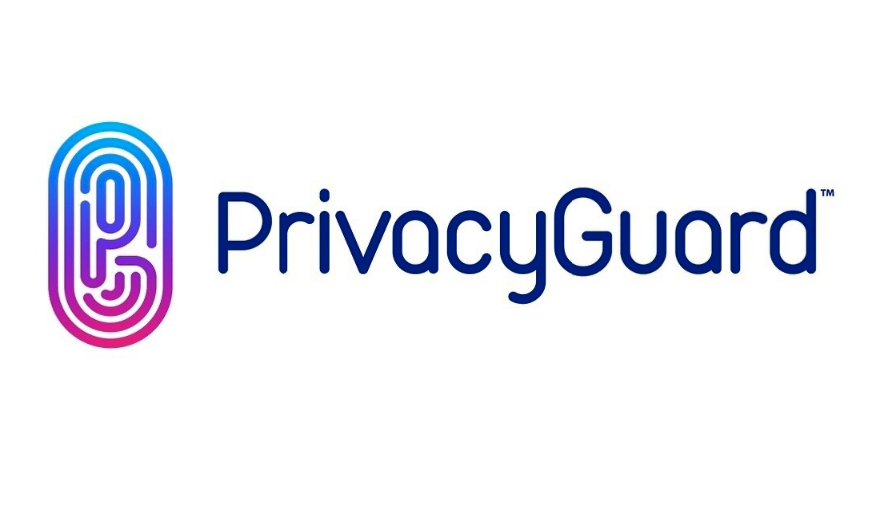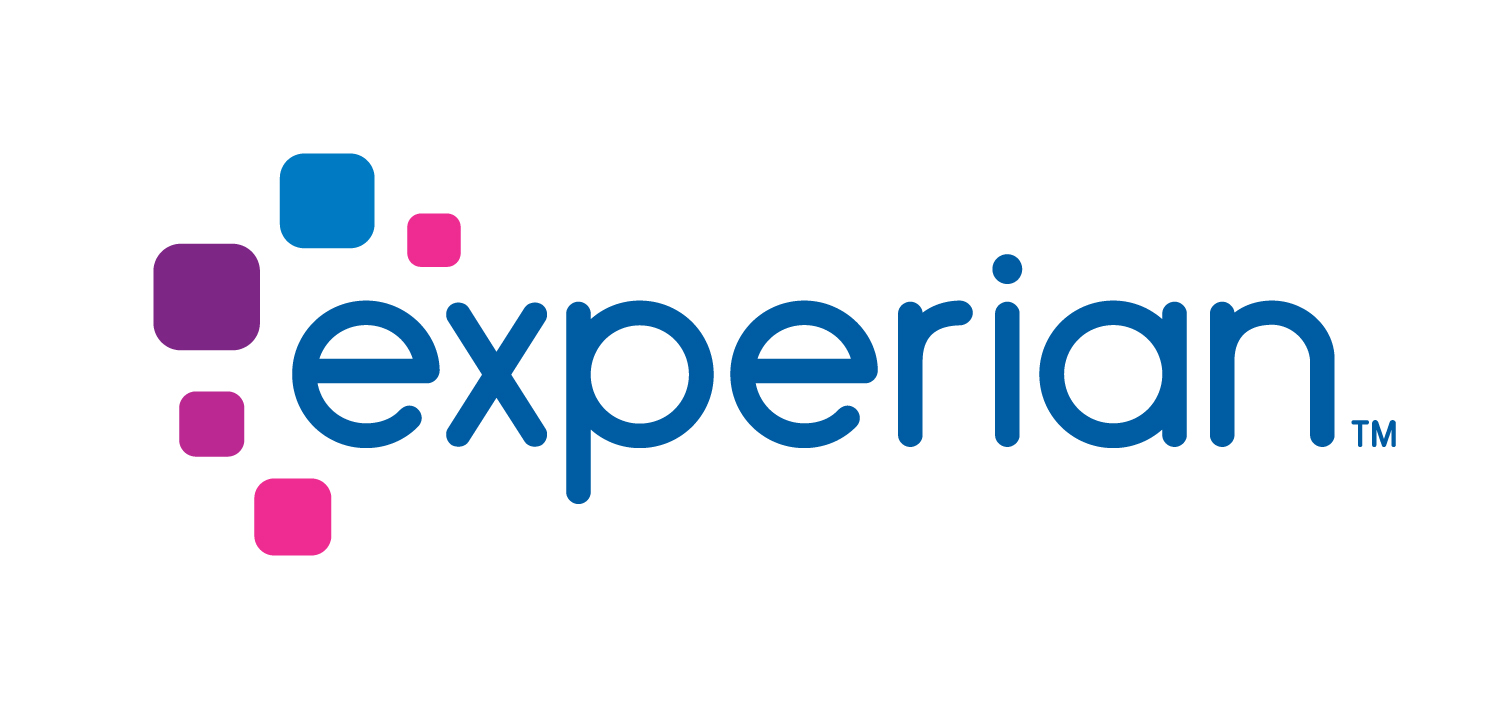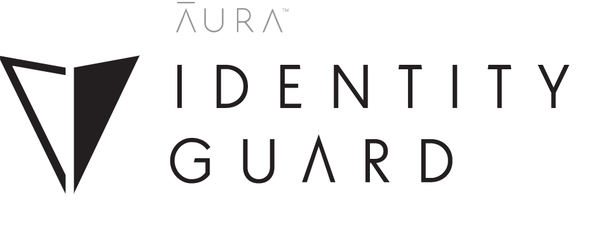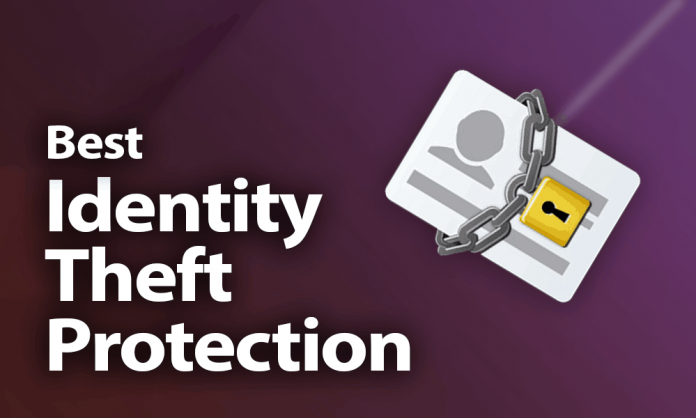THE BEST IDENTITY THEFT PROTECTION SERVICE OVERALL IN 2022 IS IDENTITYFORCE
Signing up for an identity theft protection service can help you spot potential fraud early and assist you in restoring your identity. Most of these services also come with insurance, which helps you recoup expenses associated with resolving identity theft.
- Gyors kifizetések a magyar online kaszinókban – A legfontosabb tudnivalók
- Cómo Los Métodos De Pago Biométricos Están Evolucionando Para Su Uso Online
- Pelaajasegmentoinnin Hyödyntäminen Parempien Kokemusten Tarjoamisessa Palveluissa
- Chicken Road slot w kasynie online jak gra.7414
- 1win casino and sportsbook in India.2953
Below, Select reviews of the top identity theft services that can alert you of potential breaches of your personal information.
While identity theft services can alert you if your personal information appears on the dark web or is misused, it’s important to understand that these services can’t prevent fraud from happening. You’ll need to be proactive and safeguard your personal information to reduce your exposure to identity theft.
IdentityForce®

On Identity Force’s secure site
- CostUltraSecure+Credit Individual starts at $139.90/yr and UltraSecure+Credit Family at $209/yr. Click “Learn More” for details.
- Identity theft insurances, $1 million for all plans
- Credit monitoring UltraSecure+Credit monitors your Experian, Equifax, and TransUnion credit reports; UltraSecure doesn’t offer credit monitoring.
- Mobile app Yes
- Family plan Yes
- Pros
- All plans provide $1 million in identity theft insurance
- Option to choose between UltraSecure and UltraSecure+Credit plans
Cons
- UltraSecure doesn’t offer triple-bureau credit
PrivacyGuard™

Information about the PrivacyGuard® plans has been collected independently by CNBC and has not been reviewed or provided by the company prior to publication.
- Cost$9.99 to $24.99 per month
- Identity theft insurance up to $1 million for Identity Protection and Total Protection plans; none for a Credit Protection plan
- Credit monitoring total Protection and Credit Protection plans both monitor your Experian, Equifax, and TransUnion credit reports; Identity Protection doesn’t offer credit monitoring.
- Mobile apps yes
- Family plan No
Pros
- Option to choose the plan that suits you: Credit Protection, Identity Protection, or Total Protection
- New users can try any plan for $1 for the first 14 days
Cons
- No family plan
- No identity theft insurance with a Credit Protection plan
- The identity Protection plan doesn’t offer triple-bureau credit monitoring
Experian IdentityWorks℠

On Experian’s secure site
- Cost$9.99 to $29.99 per month
- Identity theft insurance up to $500,000 for the Plus plan and up to $1 million for the Premium plan*
- The credit monitoring premium plan monitors your Experian, Equifax, and TransUnion credit reports; the Plus plan only monitors Experian.
- Mobile app Yes
- Family plan Yes
Pros
- Option to choose between Plus and Premium plans
- Free for 30 days
- Both plans come with identity theft insurance
- Variety of family plans
Identity Guard

On Identity Guard’s secure site
- Cost$6.67 to $20.00 per month
- Identity theft insurance Up to $1 million
- Credit monitoring The Total and Ultra plans to monitor your Experian, Equifax, and TransUnion credit reports; the Value plan doesn’t offer credit monitoring.
- Mobile app Yes
- Family plan Yes
Pros
- Option to choose from three plans: Value, Total, and Ultra
- All plans provide identity theft insurance for up to $1 million
- Variety of privacy tools that help reduce telemarketing calls, junk mail, and more (free with annual plans)
- IBM® Watson®™ artificial intelligence monitors and processes billions of pieces of information
Cons
- No credit monitoring with the Value plan
LifeLock®

On LifeLock’s secure site
- Cost$8.99 to $34.99 per month
- Identity theft insurance Up to $1 million for lawyers and experts; up to $25,000 to $1 million each for stolen funds reimbursement and personal expense compensation
- Credit monitoring The Ultimate Plus plan monitors your Experian, Equifax, and TransUnion credit reports; The Standard and Advantage plan monitor Equifax or TransUnion.
- Mobile app Yes
- Family plan Yes
- Pros
- Choose between Standard, Advantage, and Ultimate Plus plans
- All plans provide identity theft insurance
- Norton 360 software is integrated into some plans, offering protection against viruses, spyware, malware, and other online threats for up to 5 PCs, Macs, and Android devices
Cons
- You receive less identity theft insurance coverage with a Standard plan
- The standard plan lacks some alerts, like bank account and credit card activity
- Standard and Advantage plans only monitor one credit bureau
How we choose the Best ID Theft Protection, providers
We’ve deliberately chosen programs from big hitters in the security world as well as lesser-known gems that are worth your while. There are also free and paid-for programs to choose from. So which identity theft protection service is worth it? Well, we chose the eleven ID theft protection services listed in this review because they cover a broad spectrum of use cases, including credit monitoring and scouring the dark web.
If you were in any doubt, we can easily say that identity theft protection is definitely worth it. Digital ID protection is a huge online problem, with recent research reported from NordVPN data revealing that 33% of Americans encountered at least one cybersecurity issue in 2021.
Whether it’s by using phishing emails or social engineering tricks, fraudsters are constantly looking for ways to steal identities for their own monetary gain. Fortunately, the best identity theft protection services can help prevent this.
Identity theft protection vs. credit monitoring services
Identity theft protection services alert you when your personal information is being used in a wide range of fraudulent activities whether that’s someone using your medical ID number to file a claim or your driver’s license appearing on the web. Credit monitoring services usually don’t look for this kind of action, primarily because they don’t appear on your credit report.
Credit monitoring services do just what the name says to monitor your credit. They track the credit history shown on your credit report(s), then alert you of changes via email, text, or phone. Granted, you can do this on your own, but these services provide an automated and faster way to track changes to your credit file in real-time.
The exact activity a credit monitoring service reviews varies, but it typically includes the following:
- Hard inquiries on your credit report, such as someone applying for credit in your name
- New accounts opened in your name
- Balances and payments on your credit products
- New address or name changes to your credit file
- Public records, such as bankruptcies
- Personal information on the dark web, such as your social security number, email address, and passwords























